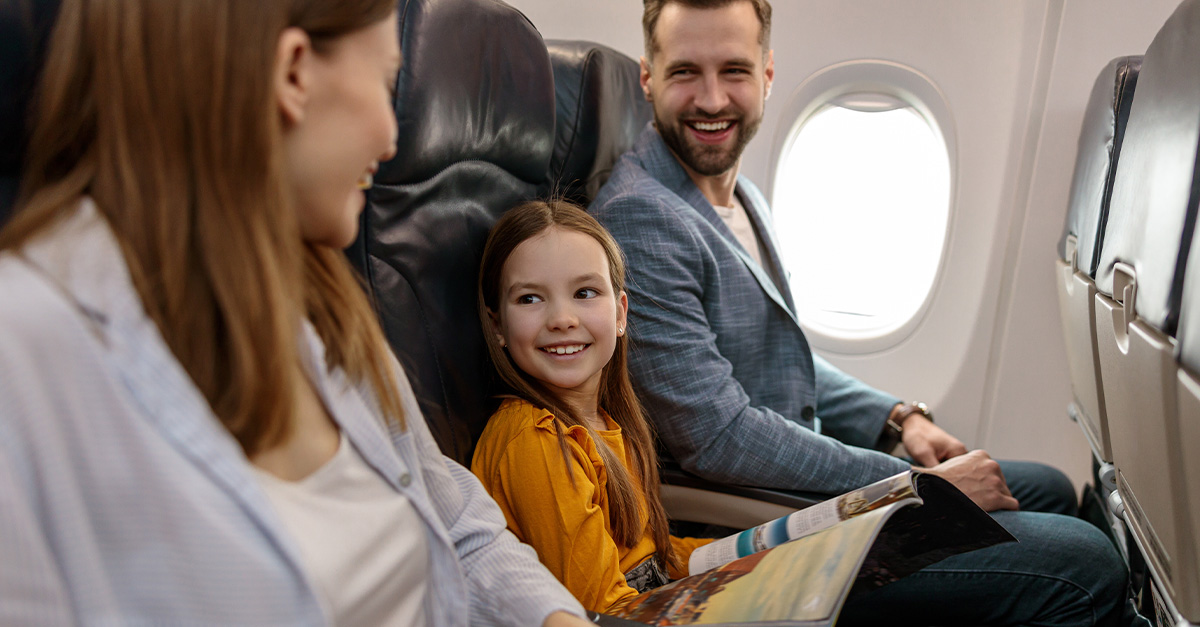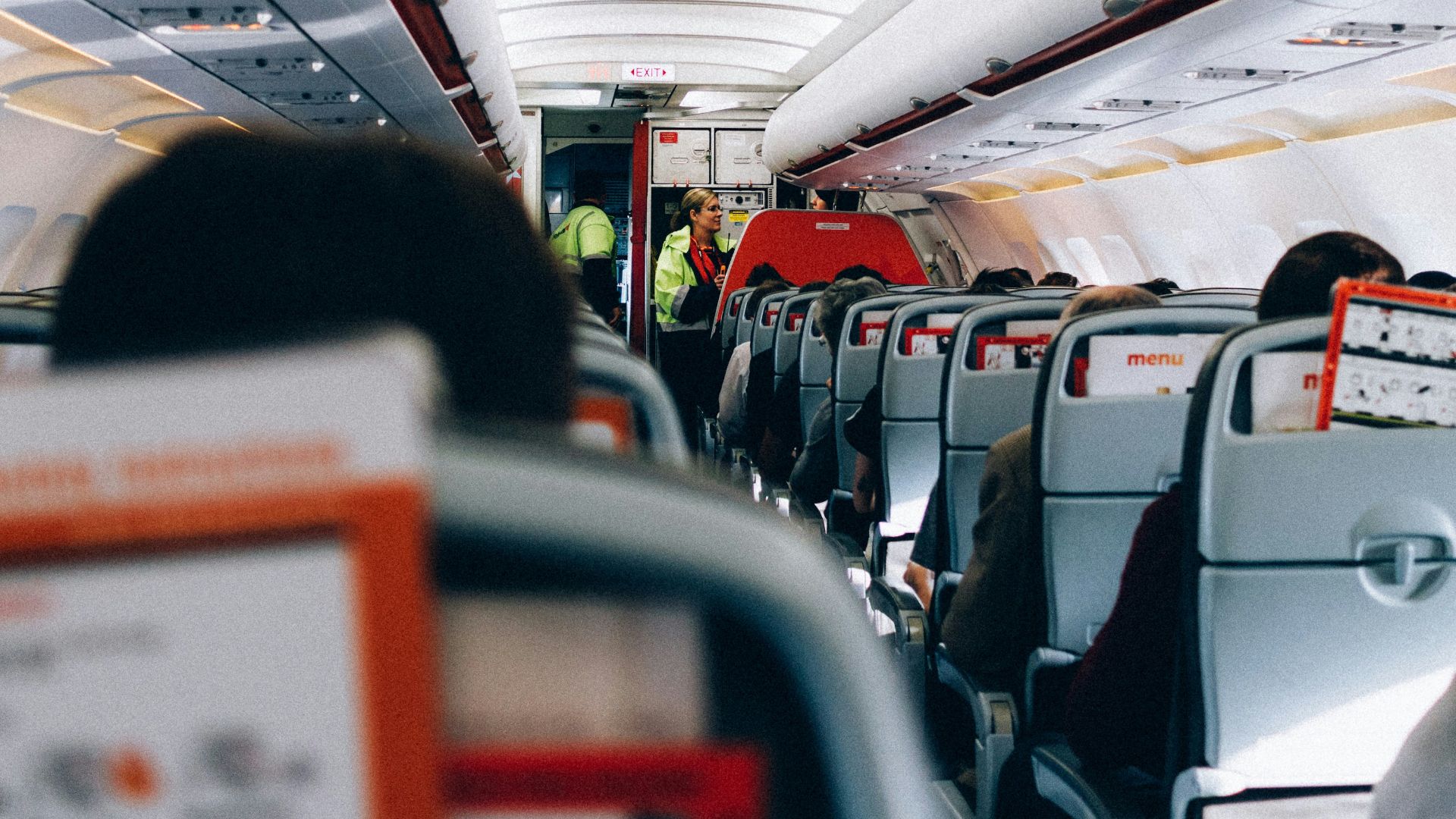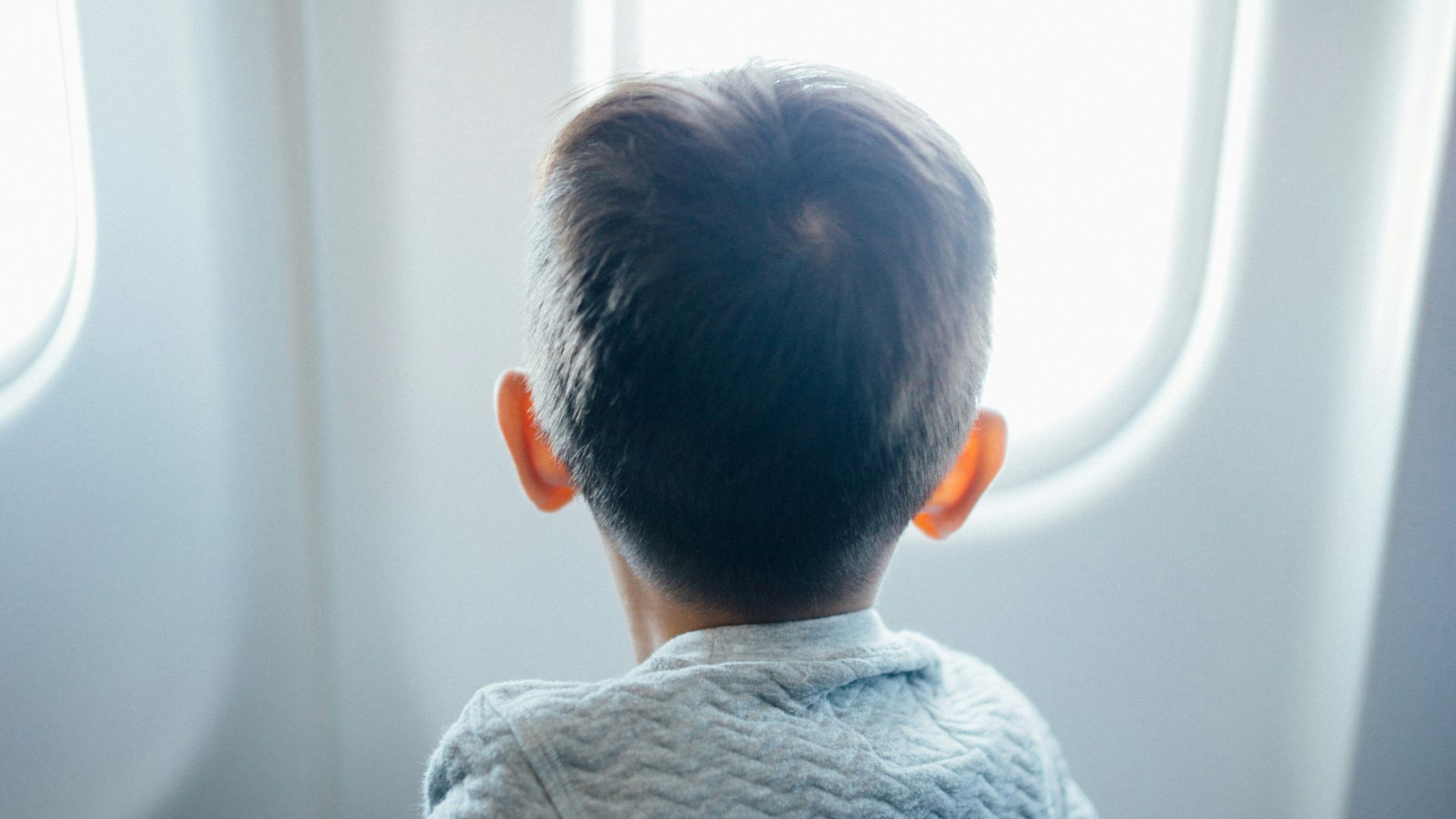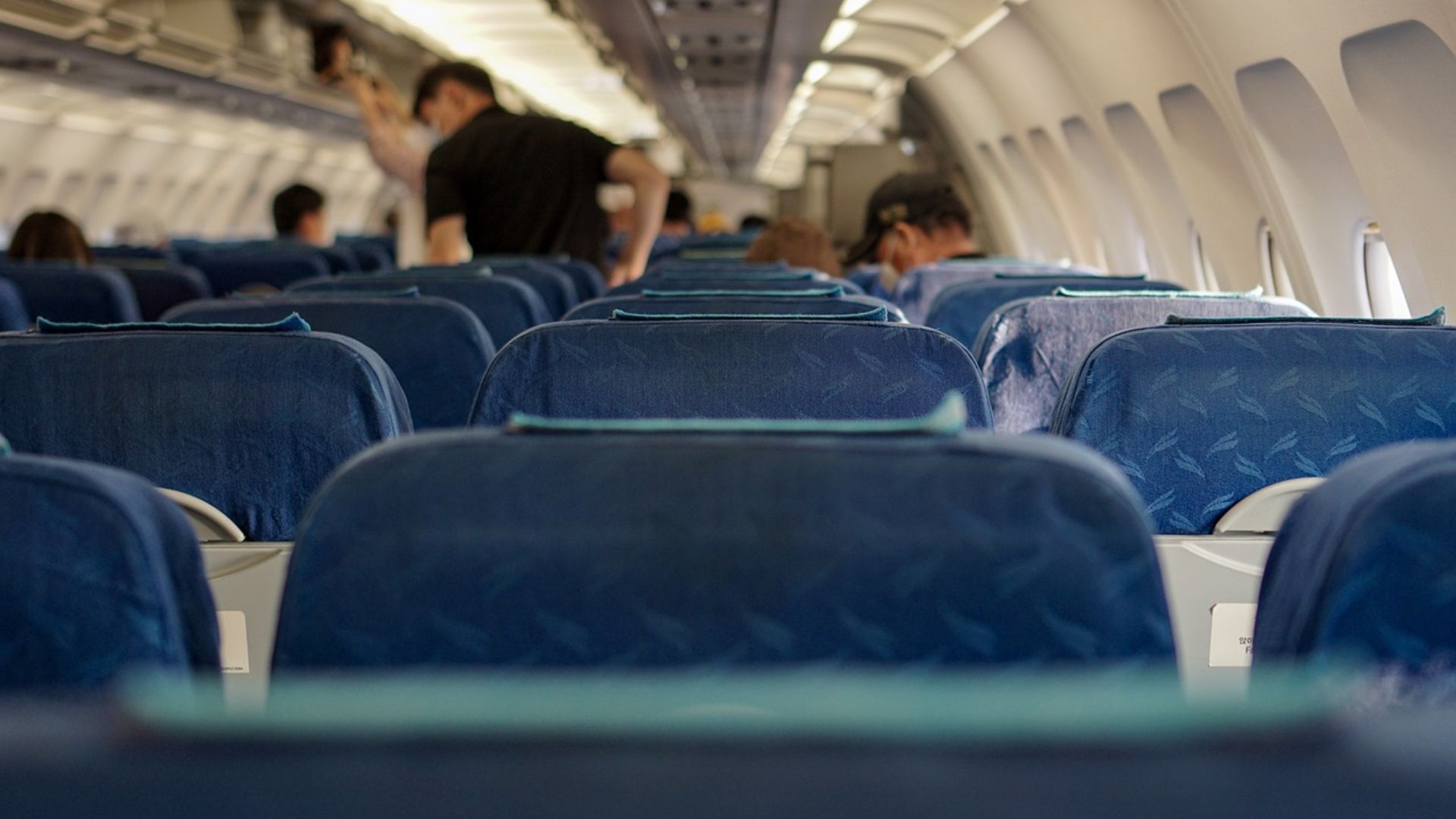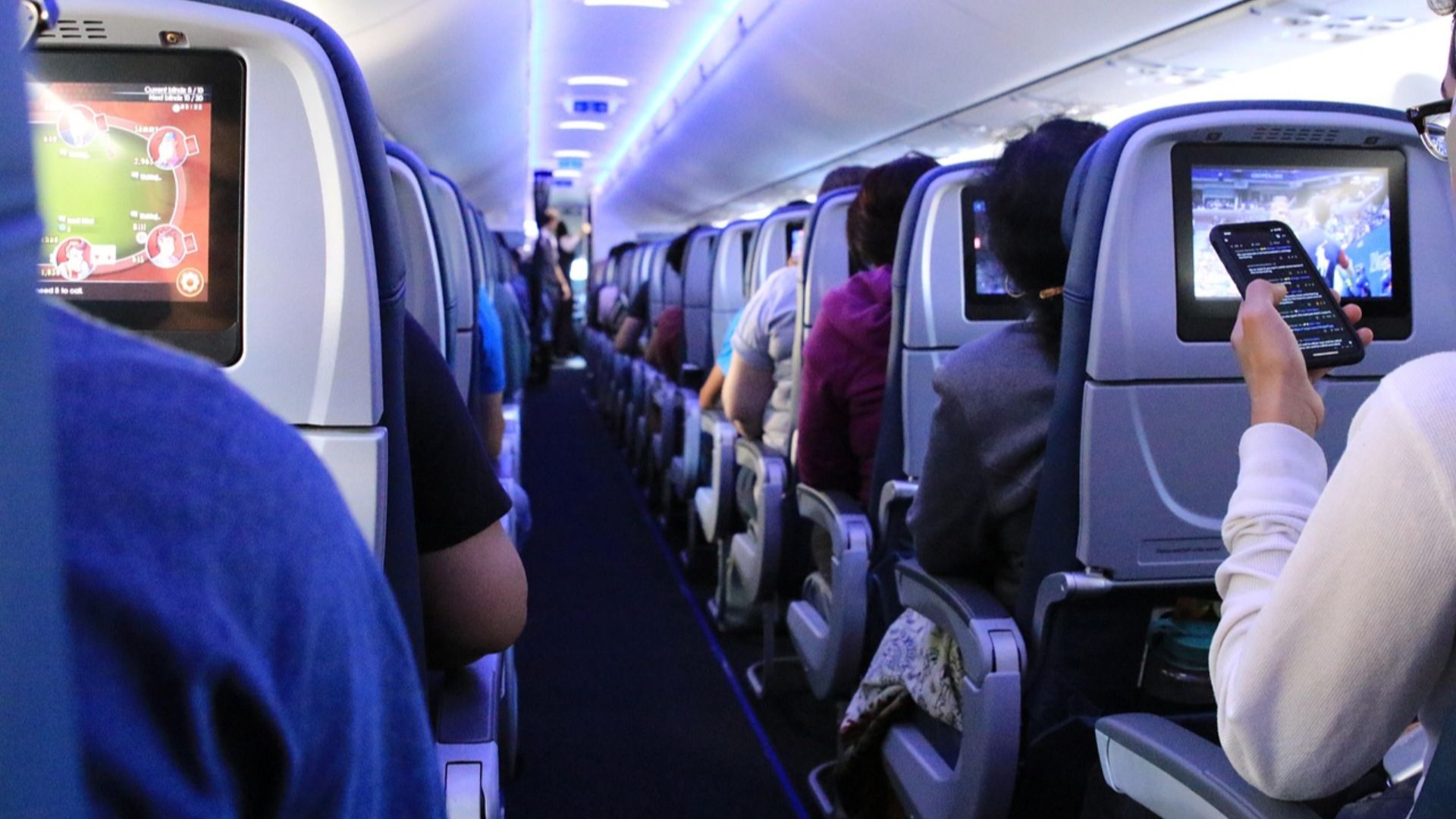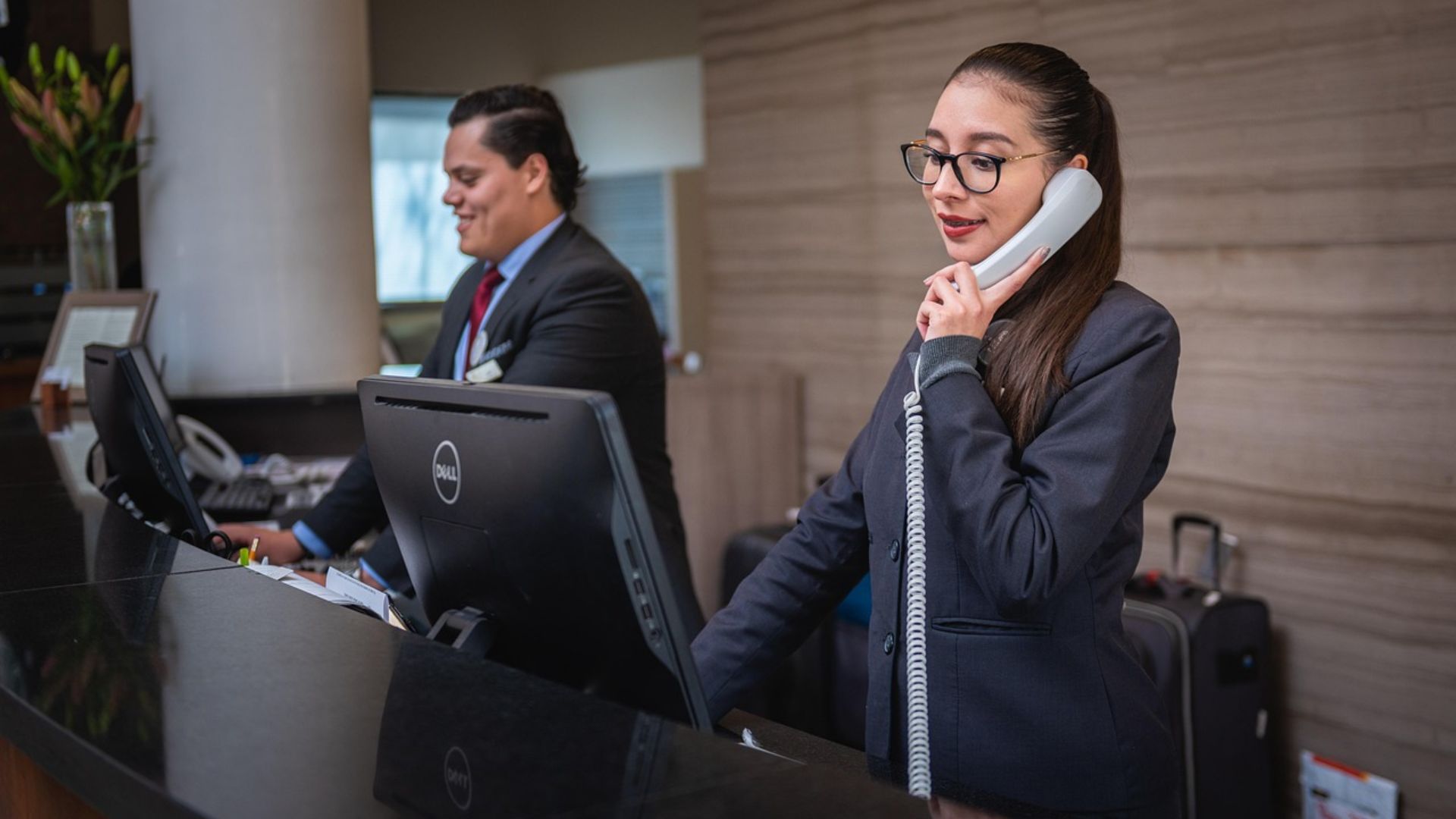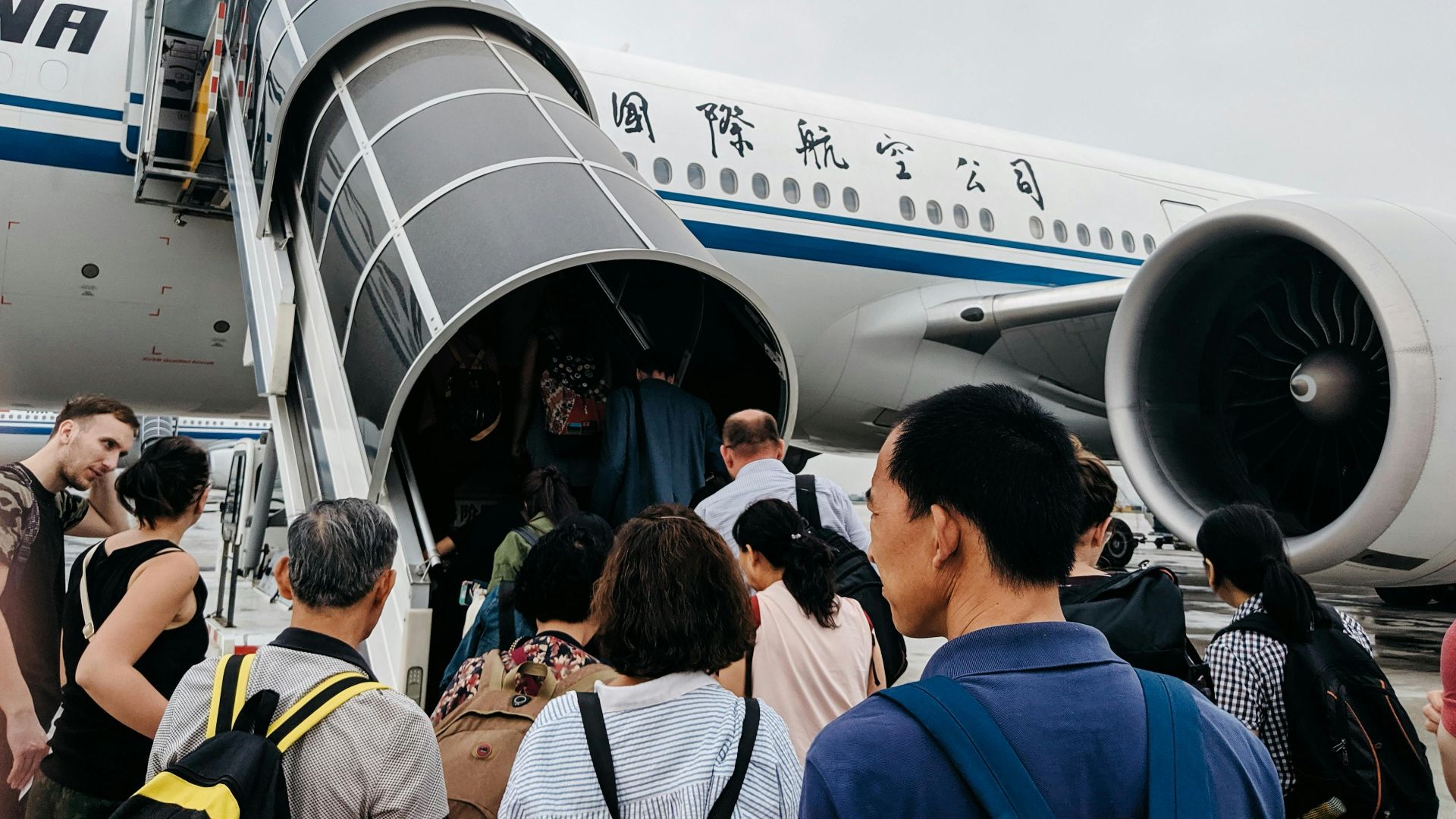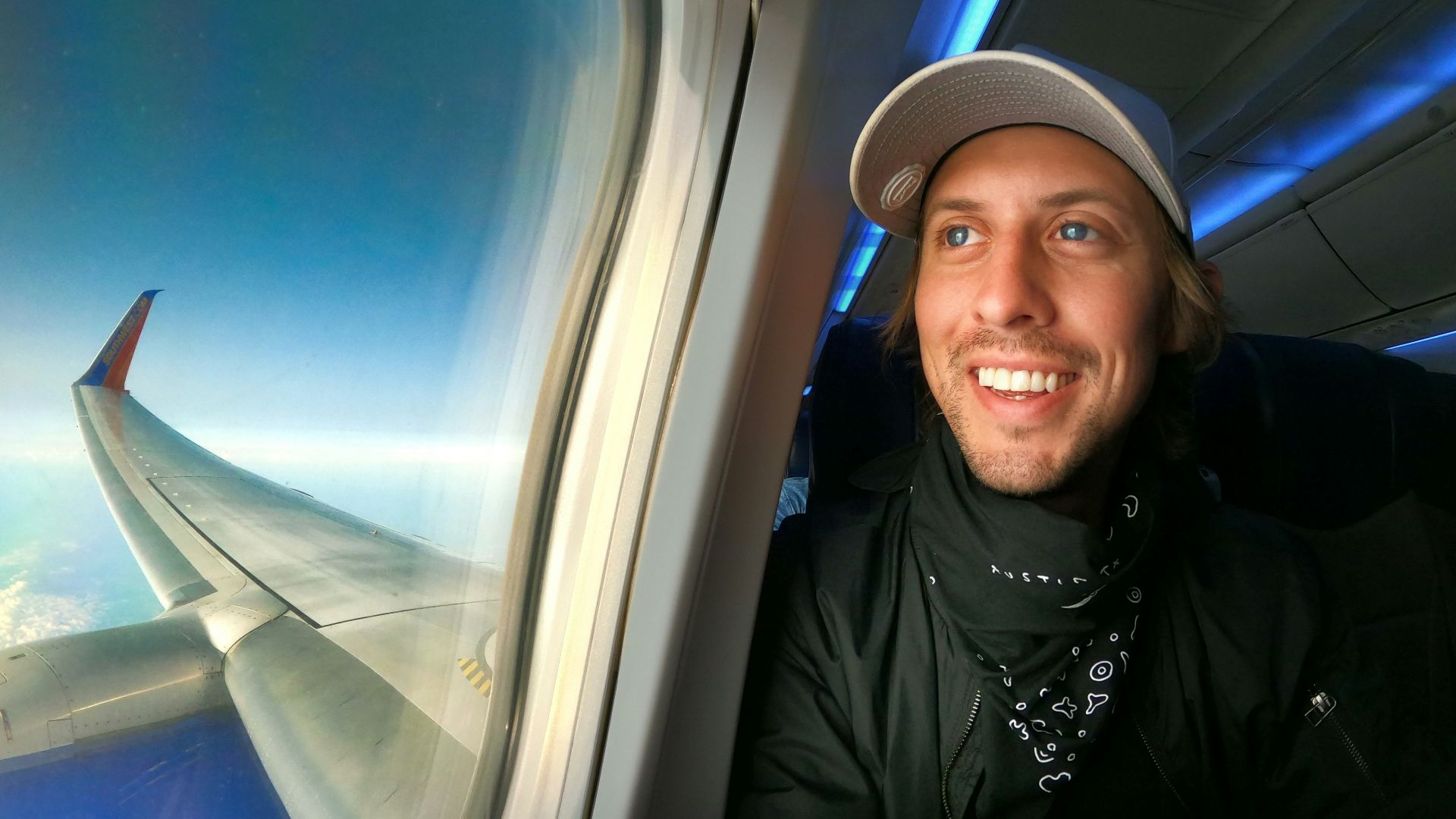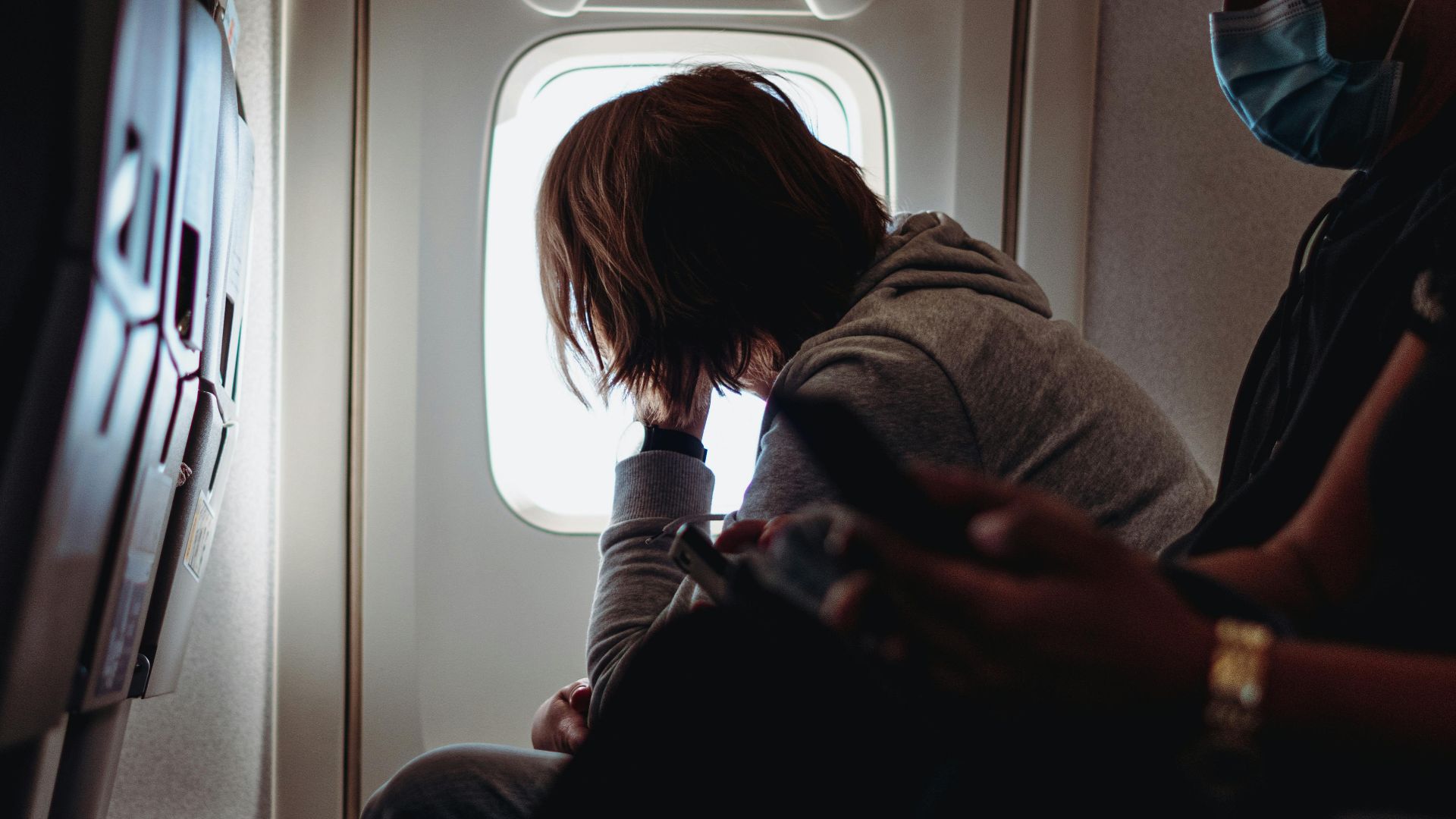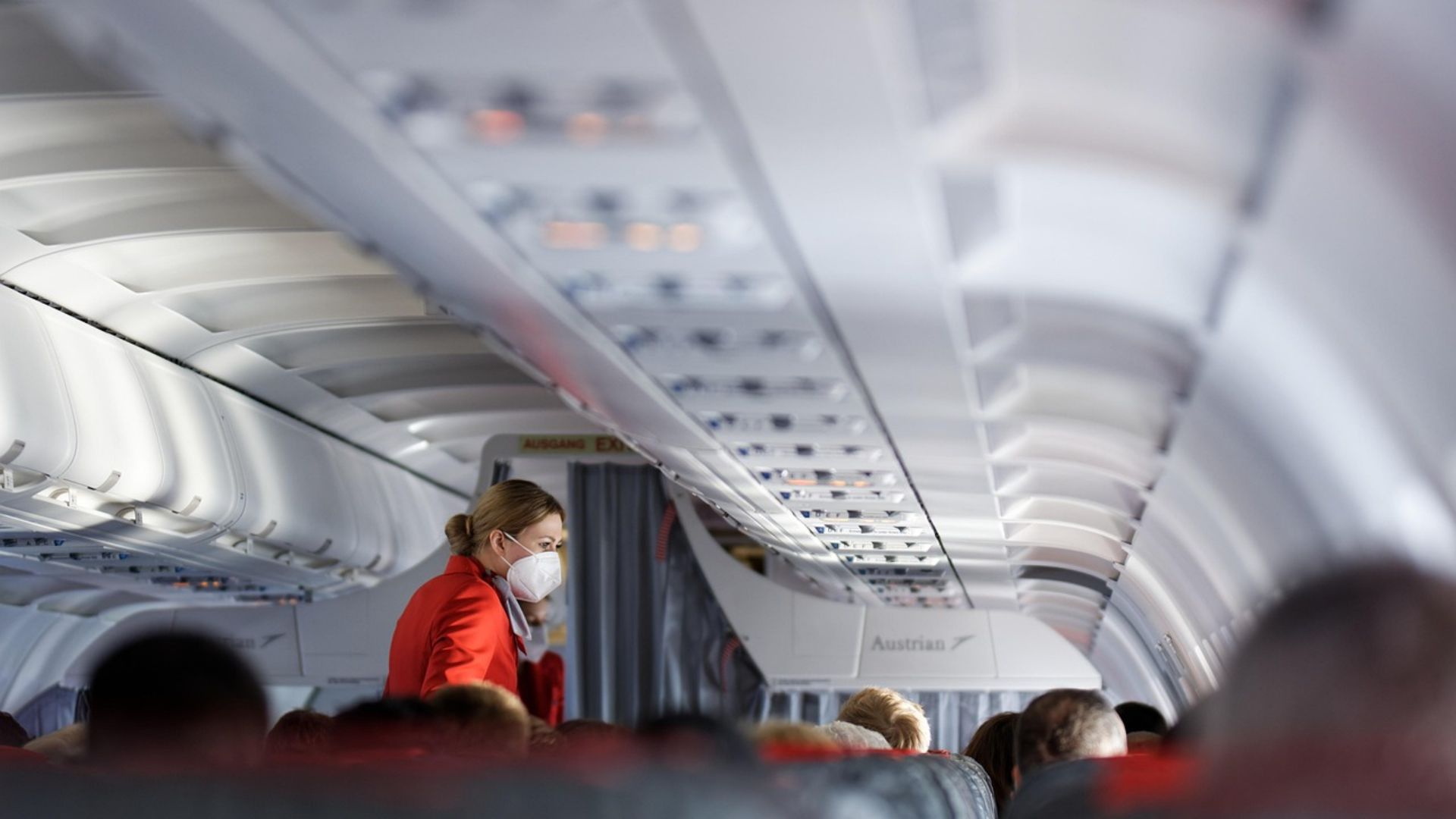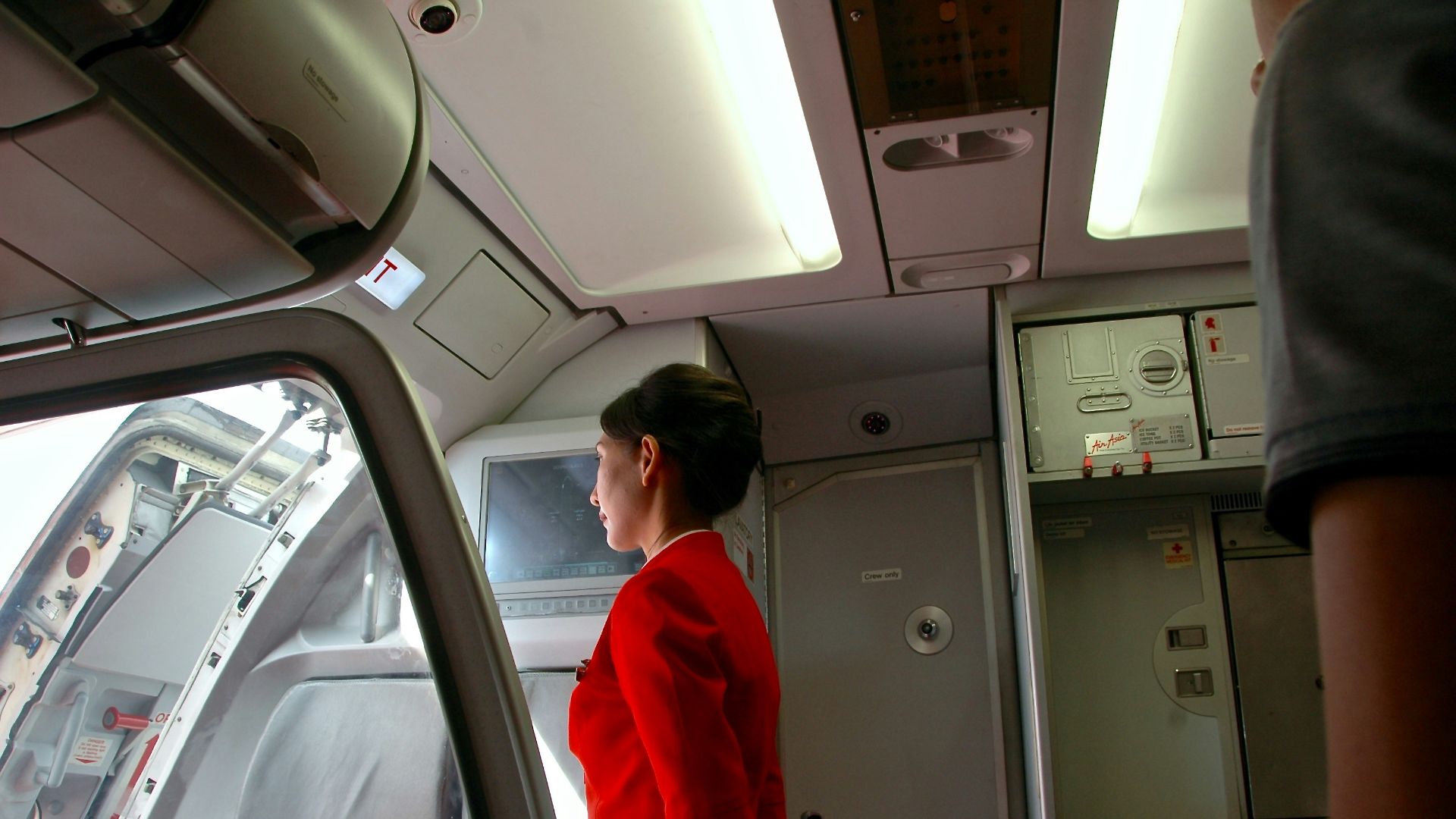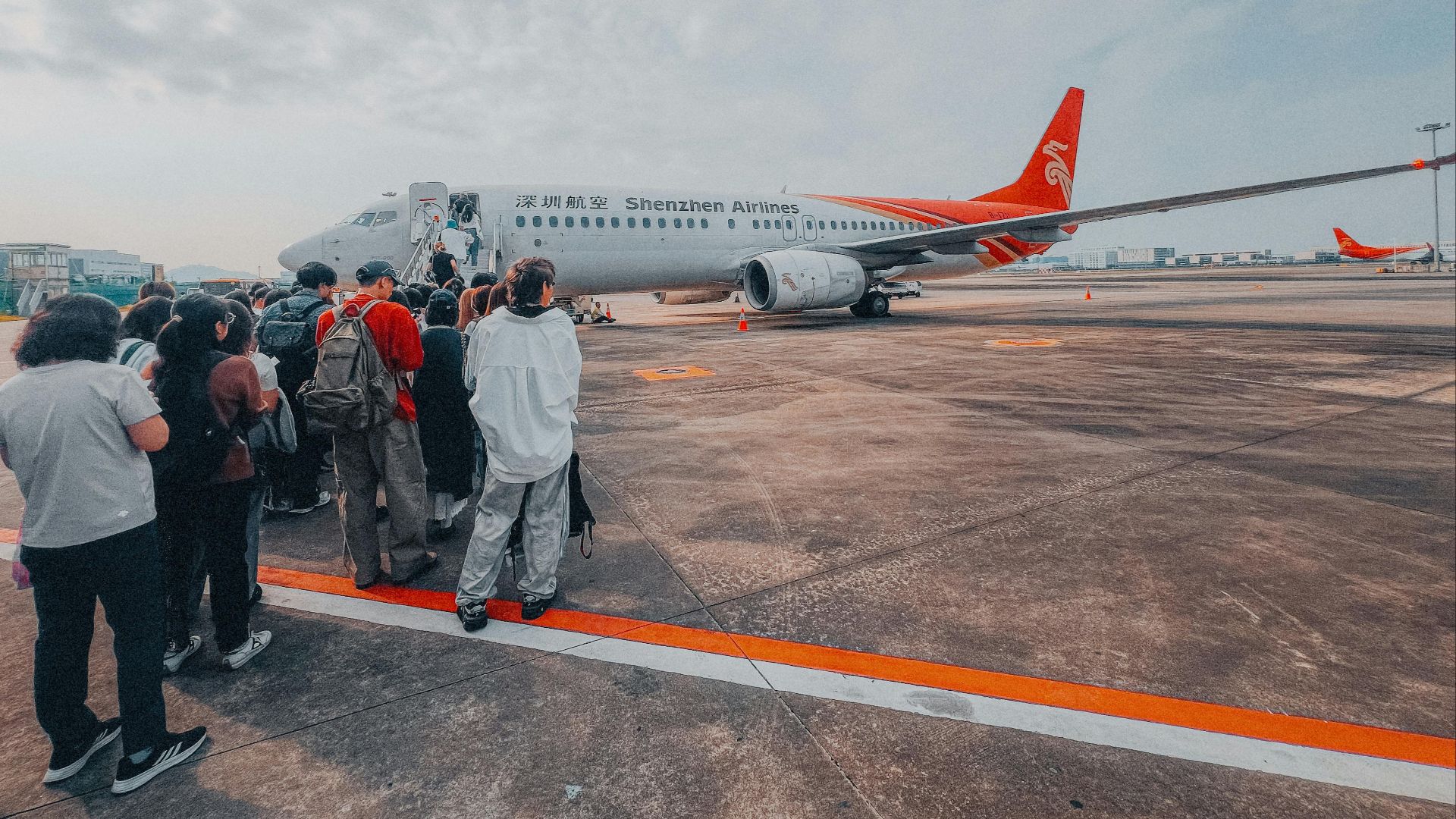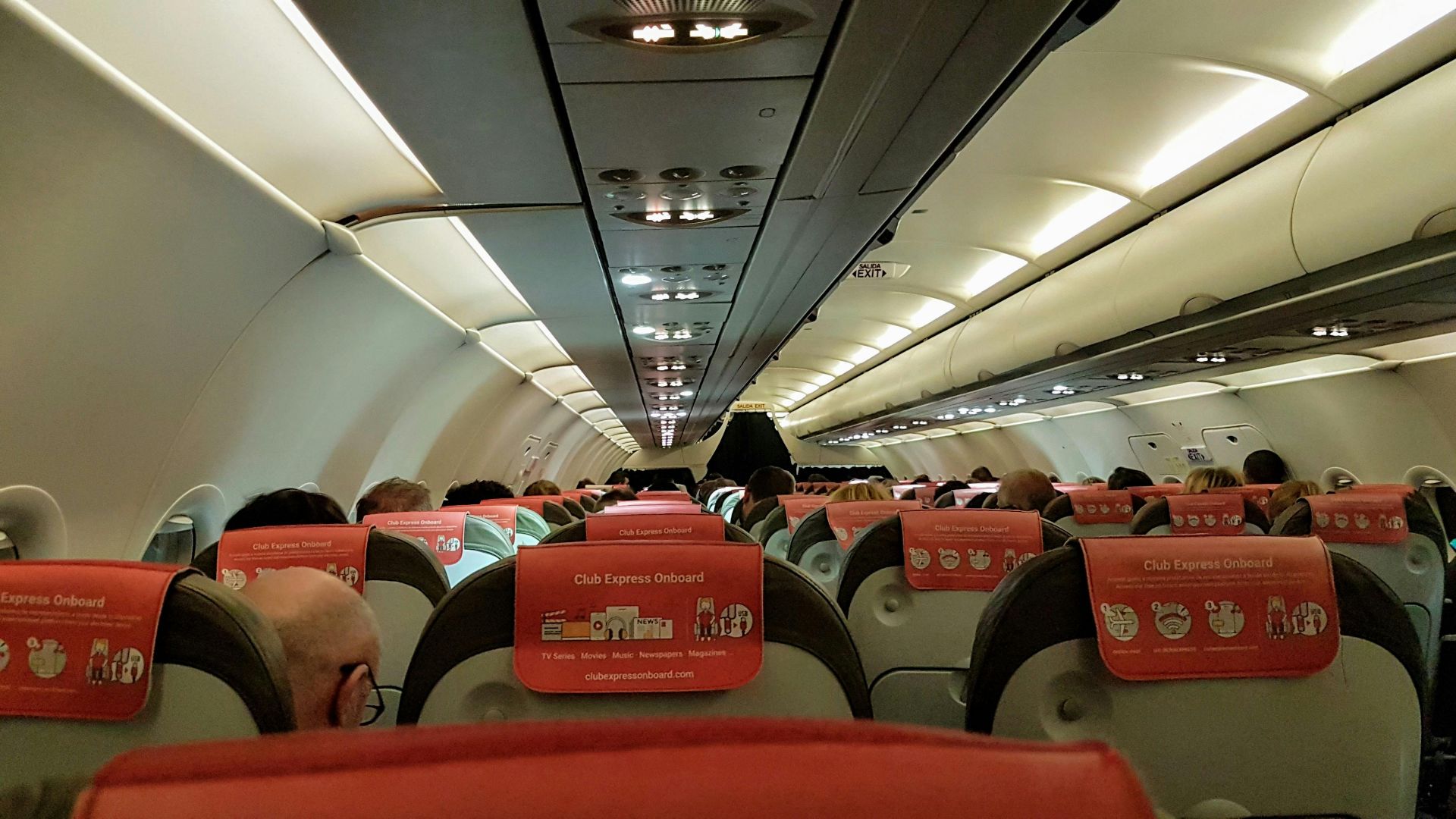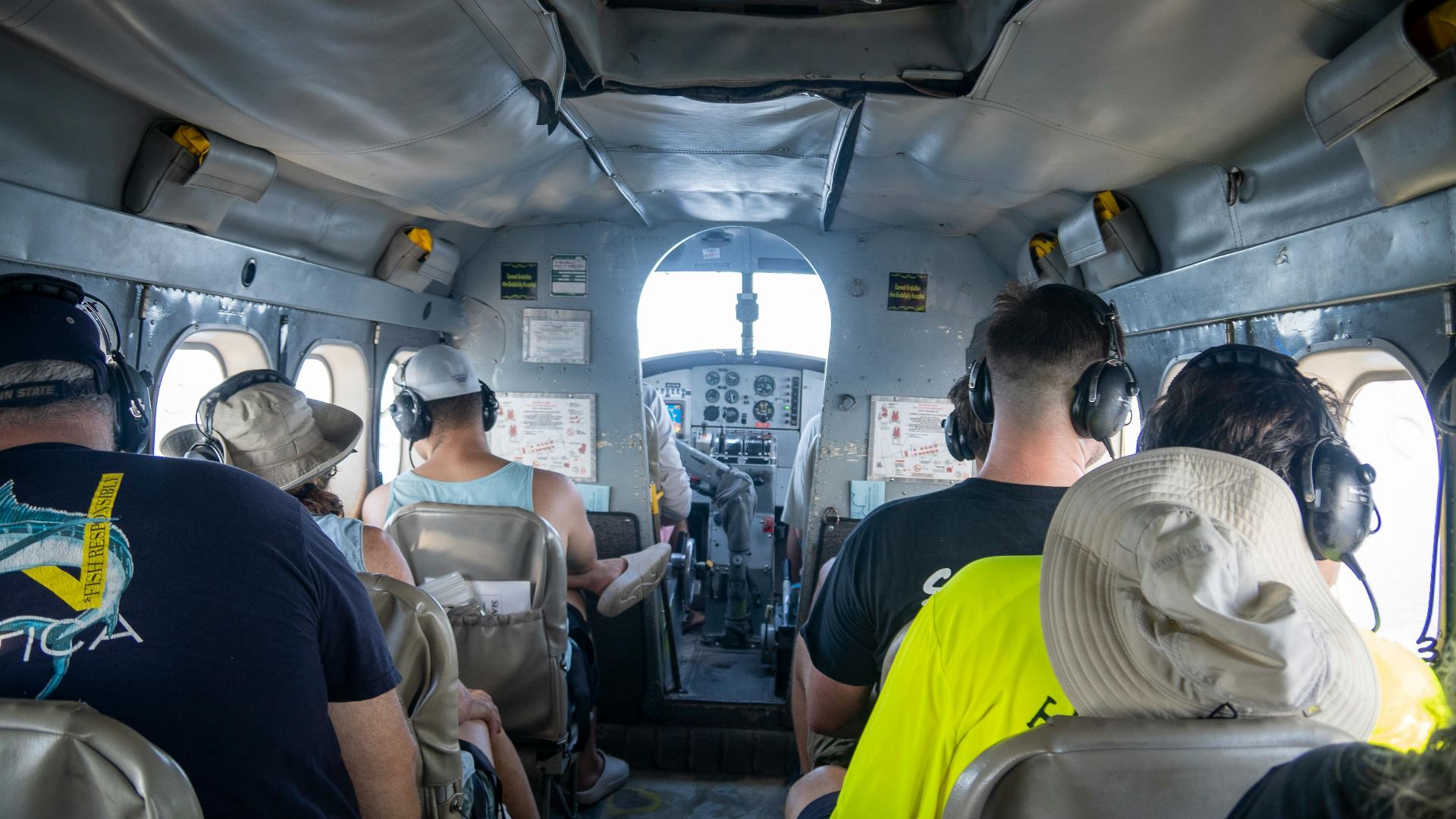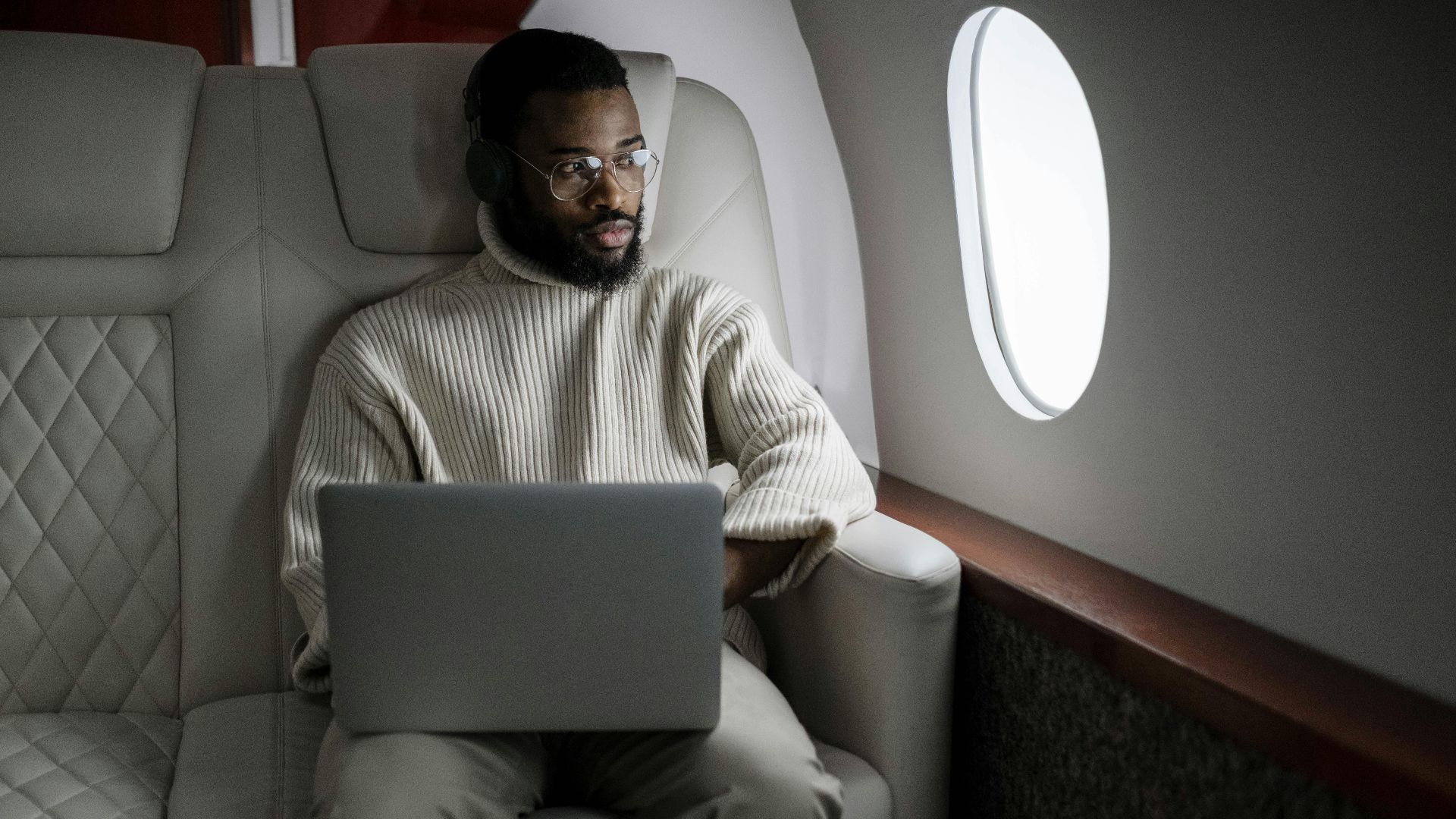A Seat-Switching Saga at 30,000 Feet
Air travel is stressful enough without adding “stranger diplomacy” to the list. Yet here we are—another tale from the friendly skies where a parent, a child, and a resolutely unbudging seatmate collide. If you’ve ever been stuck rows away from your kid despite booking early, begging gate agents, and offering a hundred smiles per minute, you already know this story. But shouldn’t the airline be the one sorting this out? Pull up your tray table—we’re breaking it all down.
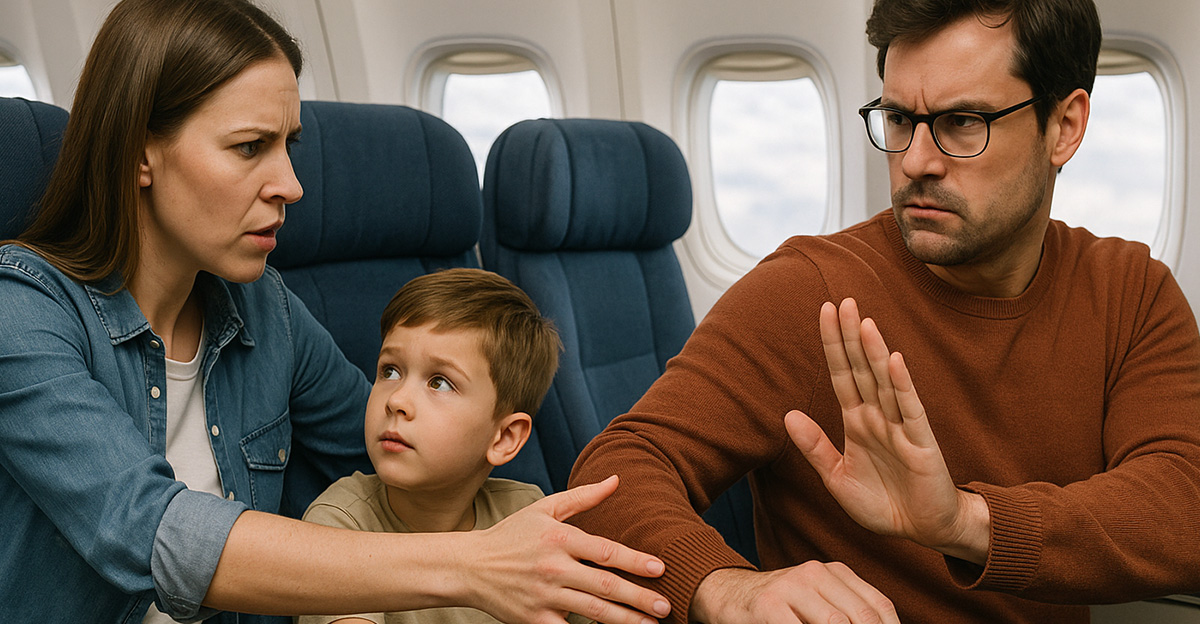
The Setup: When Your Seat Isn’t Your Seat
You booked early, carefully selected seats, and refreshed the seating map like a caffeinated day trader watching market swings. Yet somehow, when boarding time arrives, you and your child end up separated as though the universe is testing the limits of your patience.
The Surprise Mismatch
Few things bring on a sudden spike of adrenaline like realizing your child is several rows away while your seatmate is already settled in, earbuds inserted with surgical precision and body language radiating “I’m not moving.”
Why Parents Panic in These Moments
In-flight separation isn’t just a mild inconvenience; it triggers every parental instinct at once. Parents worry about anxious kids, about needing to supervise them, and about the inevitable moment when they’ll be summoned to open a stubborn snack wrapper from across the cabin. Wanting your kid within arm’s reach isn’t just reasonable—it’s survival.
The Seatmate Standoff
You take a breath, smile warmly, and ask if your seatmate might be willing to swap seats. You offer your assigned spot. You try not to sound desperate. And when they decline with a casual “I’d prefer not to,” the silence that follows is so uncomfortable it practically needs its own boarding group.
The Big Question: Should The Airline Have Fixed This?
The short answer is that the airline probably should have. The longer answer is that airline seating policies are a labyrinth of disclaimers, exceptions, and “subject to availability” fine print that could make a philosopher question the concept of order.
Why Airlines Don’t Always Guarantee Seats Together
Many airlines claim they try to seat families together, but they rarely guarantee it. If you purchased basic economy tickets or skipped paying extra for seat assignments, the airline might not prioritize pairing you with your child—even if common sense suggests they should.
When You Did Pay For Seats
If you reserved and paid for specific seats but were still separated, you have every reason to feel wronged. In such cases, you’re entitled to approach customer service with the quiet confidence of a traveler who knows they followed all the rules.
The Limits Of Airline Magic
Gate agents, for all their superhuman patience, can only do so much. If the flight is completely full or the only people who can help refuse to move, the agent cannot force anyone to switch. They can ask, they can plead, they can reshuffle the seating chart—but they cannot command like royalty.
Why Airlines Often Leave It To Passengers
From an airline perspective, letting passengers sort out swaps among themselves is simpler and faster. From your perspective, however, it feels like being asked to negotiate a delicate diplomatic agreement while also holding a plush dinosaur and a juice box.
The Psychology Of Seatmates Who Won’t Switch
Some passengers cling fiercely to their assigned seats. They might have paid extra, they might suffer from aisle-or-window-specific anxiety, or they might simply value routine. They are under no obligation to switch, but their refusal inevitably raises questions about social courtesy and empathy at cruising altitude.
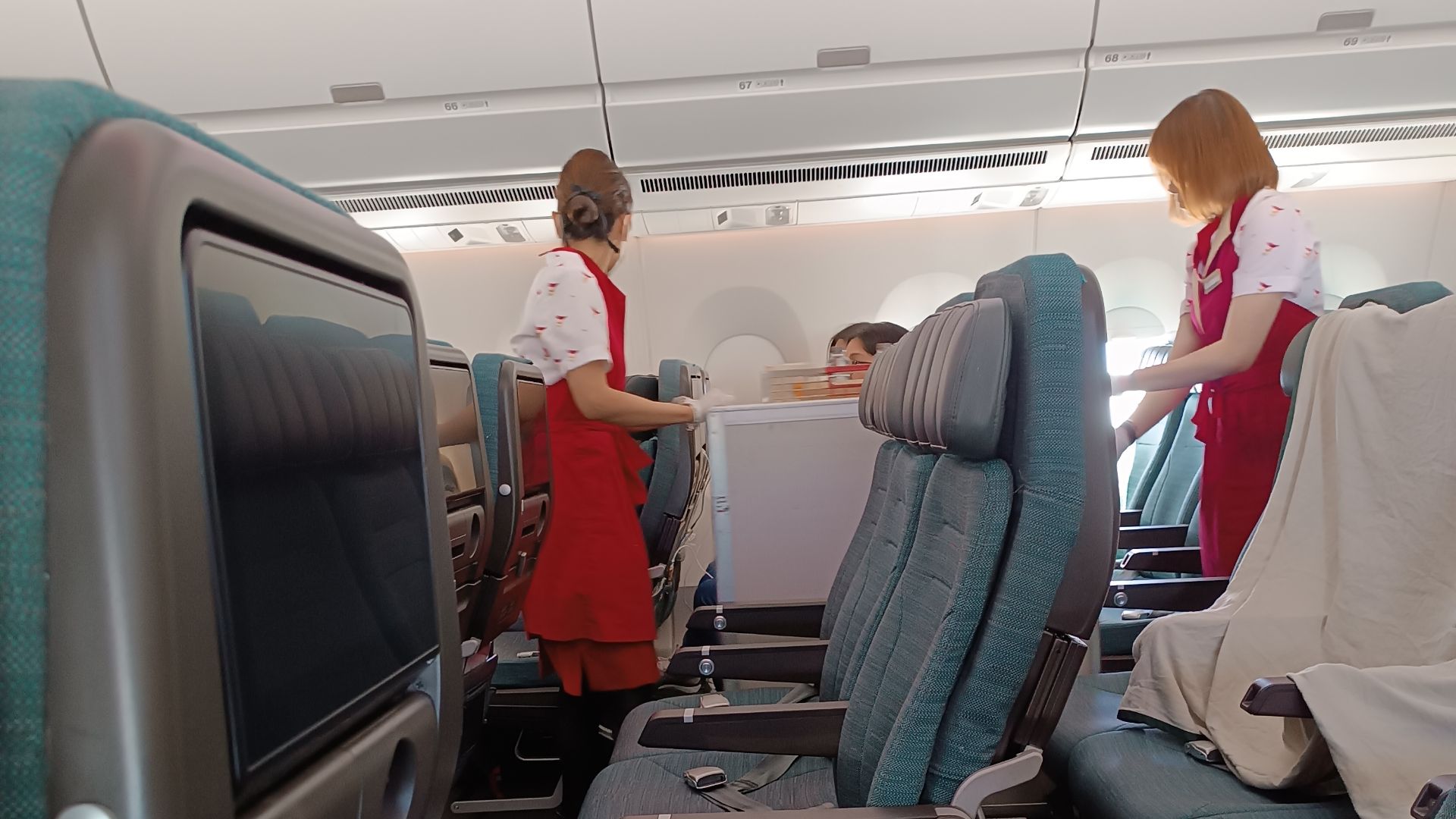 Meutnake Ah ManHO, Wikimedia Commons
Meutnake Ah ManHO, Wikimedia Commons
Should Passengers Feel Social Pressure?
There is a widely shared cultural expectation that people should help parents by swapping seats, but not everyone subscribes to this unwritten rule. For some travelers, their window seat is practically sacred, no matter how compelling your situation may be.
When Asking Nicely Doesn’t Work
Sometimes, no matter how politely you ask or how appealing the exchange might be, the person declines. Once that happens, your only remaining move is to accept their decision graciously and request assistance from the flight crew.
What Flight Attendants Can & Can’t Do
Flight attendants can speak to passengers, make announcements, and search for volunteers who might be willing to move. They can also adjust seating assignments if they spot an opportunity. What they cannot do is force anyone to relocate or publicly shame a passenger—no matter how tempting that might occasionally be.
Why Airlines Should Proactively Fix This
Airlines could avoid countless mid-cabin dramas by prioritizing family seating. Ensuring children sit with guardians is safer, calmer, and more efficient for everyone involved. Some lawmakers have even argued that such accommodations should be mandatory across all airlines.
The Laws & Government Guidelines
Consumer advocacy groups in several regions have advised airlines to seat families together at no extra cost. Unfortunately, these are recommendations rather than legally binding rules, and airlines often take advantage of that flexibility.
What You Can Do Before The Flight
The best way to avoid midair seating drama is to be proactive. Booking early, selecting seats during purchase, checking the seat map frequently, contacting customer service before your travel date, arriving at the airport early, and asking gate agents for help all increase the odds of being seated with your child. It’s time-consuming, but often worthwhile.
What You Can Do During Boarding
If you discover the separation during boarding, immediately speak with a flight attendant and explain the situation. Mention your child’s age, show your booking information if seats were changed, and request assistance in finding someone willing to switch. Timing matters, and people are often more flexible before they’ve fully settled in.
The Nuclear Option: The Public Ask
Some parents have found success by making a polite announcement to the nearby rows, asking if anyone might be willing to help reunite them with their child. Since people are often influenced by group dynamics, someone listening might step forward, even if they weren’t your first choice of seatmate.
Why Some Airlines Are Better At This
Certain airlines actively reserve blocks of seats to help families stay together, while others incorporate more flexible seating policies that make reunification easier. Meanwhile, some carriers approach seating like a survival challenge where only the savviest parents prevail.
Could The Airline Really Have Done More?
In many cases, yes. Even if an airline cannot compel a passenger to switch, it could still offer incentives, upgrades, or early interventions that reduce the stress for everyone involved. Sometimes the lack of action has more to do with convenience than with genuine limitation.
Why You Should Always Document
If you paid for seat assignments or were involuntarily relocated, it’s wise to keep screenshots of your booking and any changes. Evidence significantly improves your chances of receiving compensation, as airlines are far more responsive when presented with clear proof of error.
The Social-Media Factor
Airlines have learned to take social media complaints seriously, which is why a polite but firm post often results in a quick message from customer support offering assistance or compensation. It’s one of the unexpected perks of living in the digital age.
Good Seatmate Behavior, Defined
Good seatmates recognize that helping a separated parent is a kind gesture that improves the overall atmosphere of the plane. Ideally, they show empathy and flexibility, understanding that your request isn’t based on preference but necessity. The bare minimum is simply acknowledging your situation without acting like you requested something outrageous.
What To Teach Your Child About The Situation
Even a stressful seating scenario can become a valuable life lesson for your child. You can encourage them to be flexible, explain the situation calmly, and remind them that unexpected challenges sometimes lead to amusing stories and memorable moments.
Should The Airline Have Handled It?
Yes—airlines absolutely should do more to help families sit together, especially when parents have taken every reasonable step or paid for specific seats. But until industry standards catch up with passenger needs, travelers will continue navigating these awkward midair negotiations. The silver lining is that most passengers are willing to help, and now you’re equipped with strategies, expectations, and maybe even a newfound appreciation for the art of seat diplomacy.
You May Also Like:
I paid for an “ocean-view” hotel room, but my balcony faces a parking lot. What can I do?

